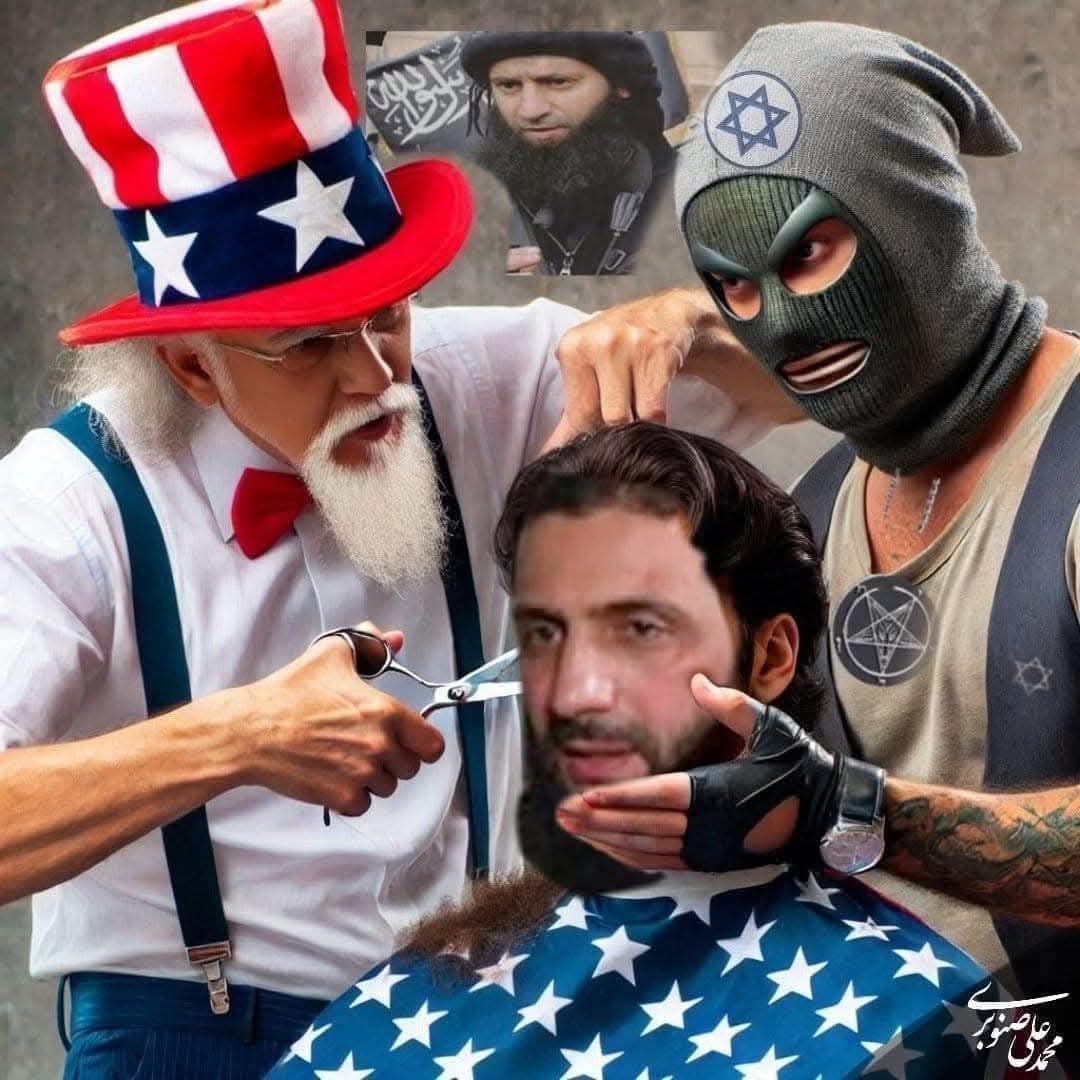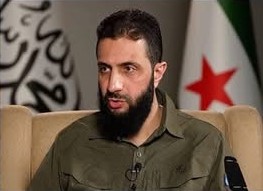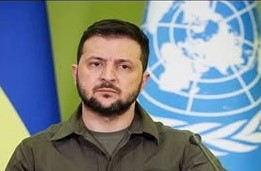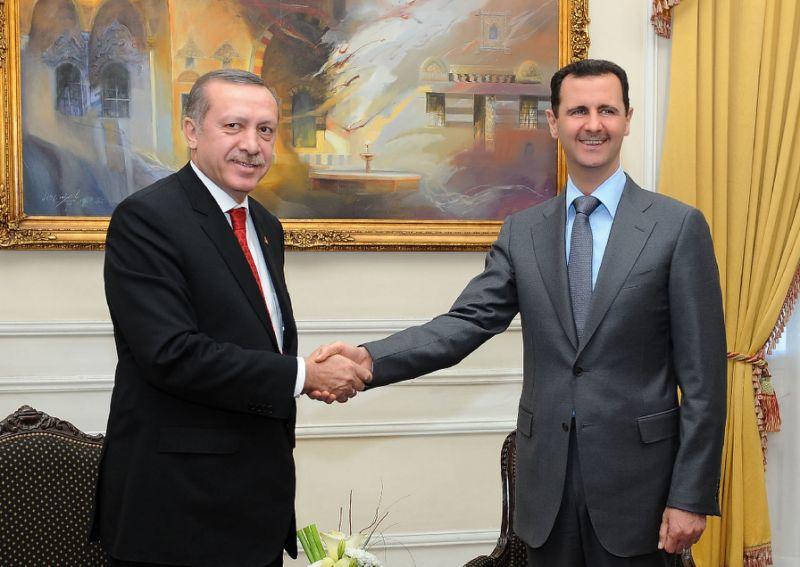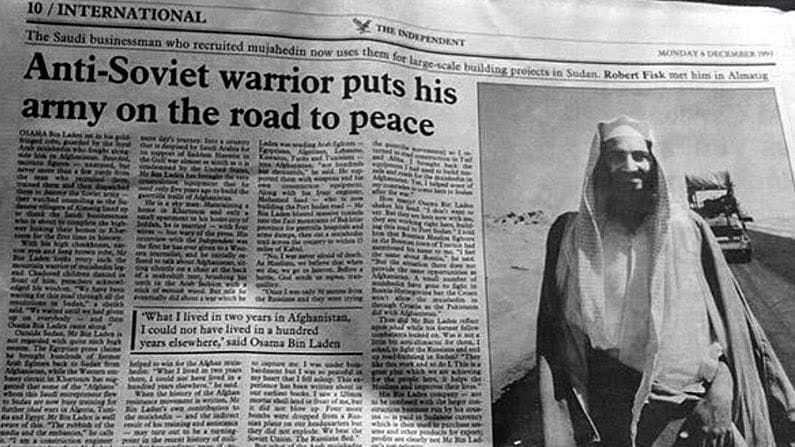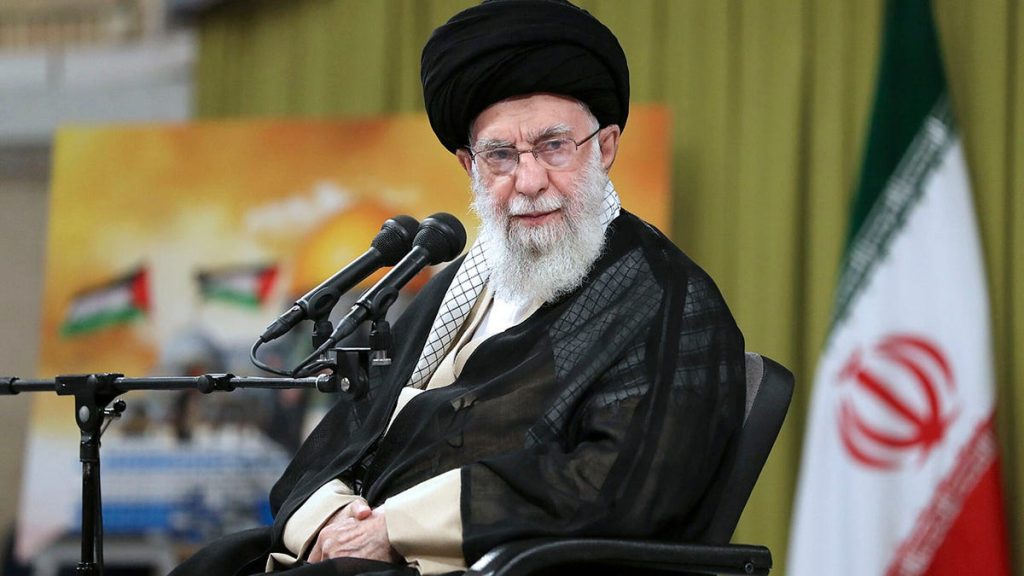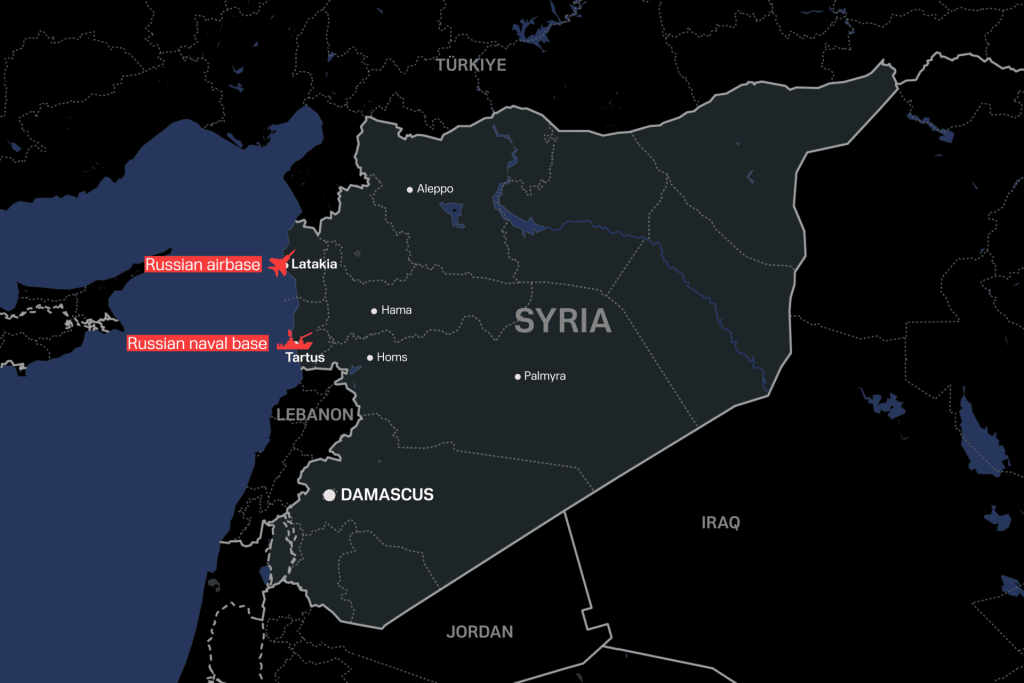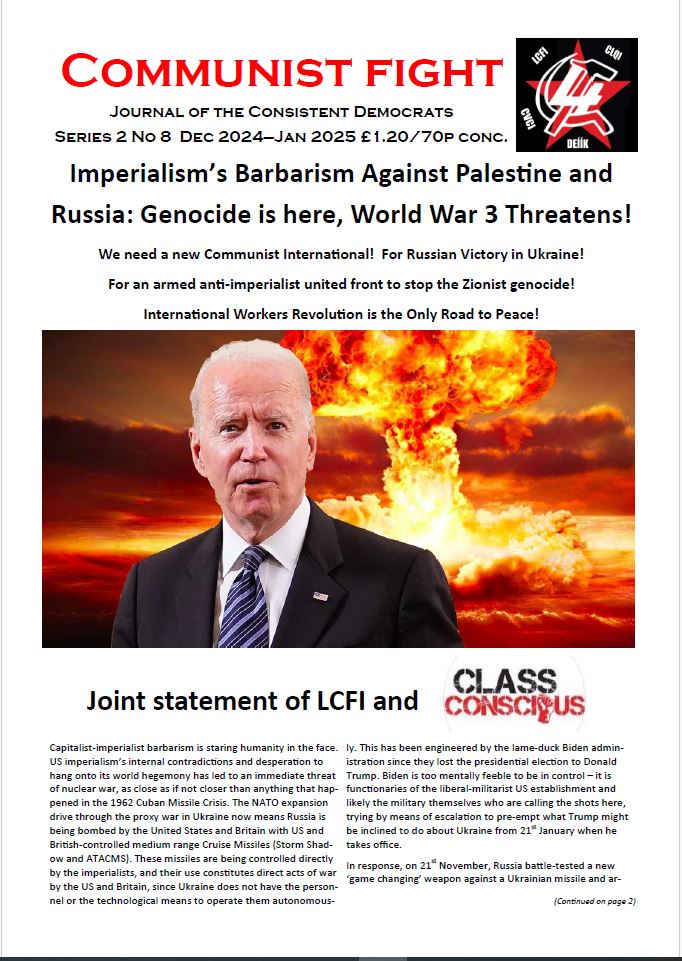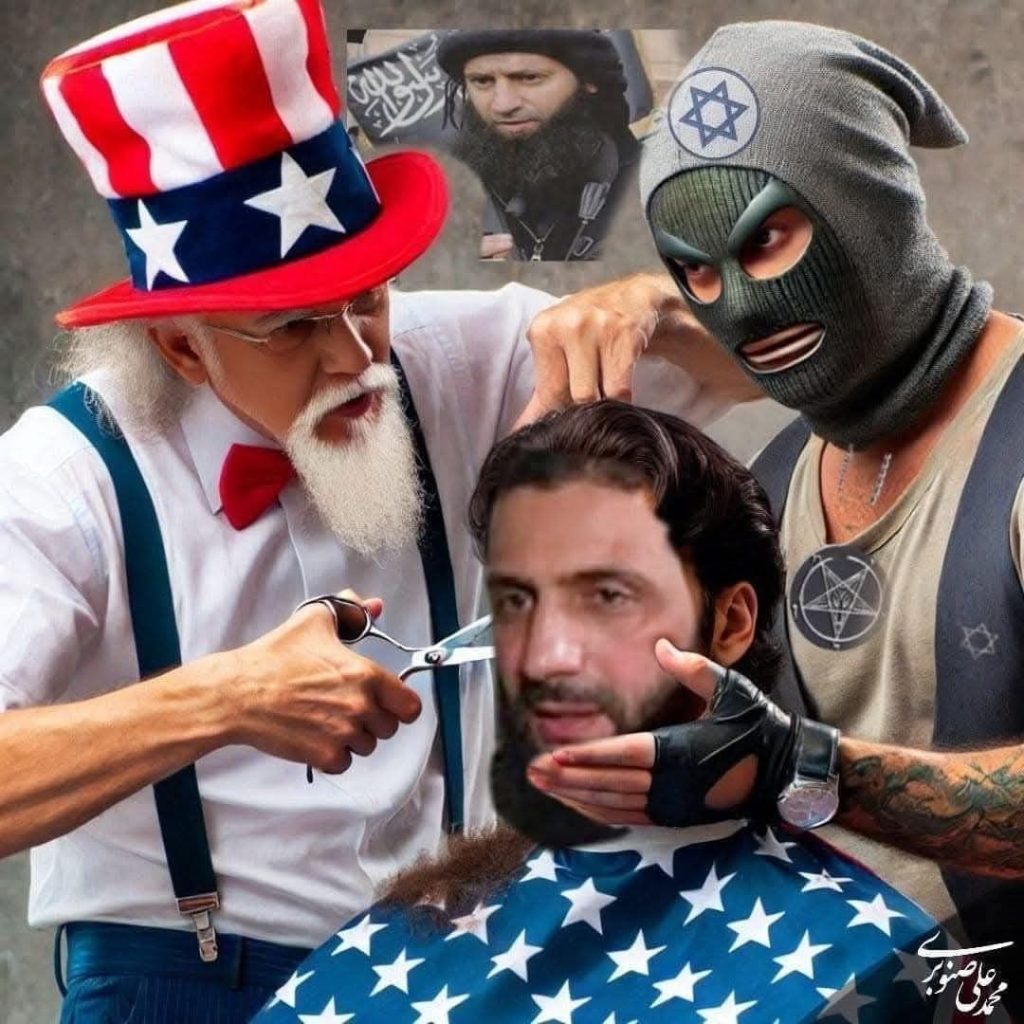
Below is a presentation given by a Consistent Democrats speaker at a Zoom forum on 15th December 2024. The whole discussion is available as a podcast here.
The fall of Syria’s government is the most important event geopolitical even since 7th October 2023- the Gaza breakout led by Hamas. It is a defeat for the Axis of Resistance, the Iranian led anti-imperialist bloc that has been the only body that has delivered real physical solidarity with the Palestinians in the past year of genocide in Gaza, and its spread by degrees to the West Bank. Three different forces have taken military action against Israel, to varying degrees, to challenge Israel’s proclaimed ‘right’ to slaughter the Palestinians. They are: the Amanullah movement in Yemen (Houthis), Hezbollah in Lebanon, and the Islamic Republic in Iran.
All three of these components of the Axis of Resistance are groups of Islamist origin, based on the Shi’a, the smaller of the two major confessional groups in Islam. Obviously as Marxists and atheists, we do not endorse the ideology of these movements – they do not represent our politics. However, we do support the resistance of the Palestinian people against genocide, and any movement that resists genocide is given credit where due by Marxists. The ideologies of these movements are not ours, but if they take actions against oppression, the basis exists for communists to work alongside their supporters in struggles to resist oppression and genocide.
We do not regard such bourgeois-religious movements as monolithic – we give credit where due in terms of any progressive evolution among them. And it should be noted that they have actively opposed religious sectarianism over the past period. The breakout from the Gaza concentration camp, which is now an extermination camp that rivals Auschwitz, was led by Hamas, a Sunni Islamic movement, albeit one with a de-facto bourgeois national-liberationist programme. We do not share the politics of Hamas either, of course. But we do support the Palestinian people’s right to resist genocidal incarceration in a giant murder camp. This is a progressive struggle notwithstanding the religious illusions of the cadres and masses involved.
Not all the Palestinians fighting for their rights are Muslims. A large minority are orthodox Christians, and Zionism has massacred them also. All acts of resistance against ethnic persecution by Zionists on the part of Arab Muslims, Christians, or people of no religion, are progressive, and Marxists seek to fight alongside them against oppression by the method of the united front. So, we applaud and embrace the anti-sectarian impulse of the Axis of Resistance, where Shi’a Iranians, Lebanese and Yemenis stood up to the Zionists and championed the cause of mainly Sunni and Christian Palestinians. In that sense, Marxists regard themselves as critical supporters of this as an aspect of the anti-imperialist united front. This is support for anti-imperialism, not religious ‘radicalism’. The non-sectarianism is a progressive move away from the logic of religious ‘radicalism’ into the realm of secularism, which is a key part of the communist, genuinely anti-imperialist worldview. Other religious ‘radicals’ particularly among the Sunni confessional group appear very much into anti-Shi’a, anti-Christian sectarianism, as we can see from the actions of HTS, as supported by Türkiye, the US and Israel. More on that later.
We also note that a lesser, but still very important role, was played in this de-facto anti-imperialist, anti-Zionist united front by the Syrian government under Assad. It may not have been obvious, as there were no spectacular military actions by Syria against Israel. But the repeated armed attacks by Israel on Iranian military people and diplomatic premises in Syria indicate the role Syria was playing in helping the supply of Iranian military and other support to Hezbollah. The Assad regime was, in a low-key manner, allowing its territory to be used as a bridge between Iran and those in Lebanon who wanted to act to defend the Palestinians. This was and is very important. It is now under threat from the rise to power of sectarian, imperialist-backed jihadists in Syria.
Like Hay’at Tahrir al-Sham (HTS) – or Organisation for the Liberation of the Levant, who have said that their only enemies are Iran and Hezbollah, not Israel. In the context of the genocide against the Palestinians, that is treasonous. Since HTS have seized power in Syria, there have been bans on the celebration of Christmas by the numerous Syrian Christians, and massacres of Alwites, the smaller Shi’a grouping that the Assad family also belonged to. Druze also are now living in fear of reprisal. And the Kurdish population in the North and East of Syria, who have often in the past sought Western support for their struggles for separation, or at least autonomy, are under attack, not from Assad, but from the sectarian Sunni elements. The Assad Ba’athist regime in the past, for all its austere repressive aspects, prided itself on its secularism and refusal to persecute communities on religious grounds. It gained popular support from this.
It did not tolerate Kurdish separatism, and Kurds were oppressed and discriminated against as in all the national states that include significant Kurdish populations in the region. But even Kurds at times regarded Assad as a lesser evil to jihadist Sunni sectarians. That is a national question, and though we are for the right to self-determination of the Kurds, that does not derogate from the right to self-determination of the Arab peoples of the Middle East, which is particularly at stake in questions related to the genocidal colonial project of Zionism.
Whose entire basis is the forcible confiscation of Palestinian land and the ethnic cleansing, and indeed destruction of the Palestinian people. And because of the similarity of the Palestinian people to the other Arab populations of the region, Israel has an intrinsic tendency to seek to destroy every strong Arab or even sympathetic Muslim country in the West Asia/Middle East region. This is because they know full well that they are guilty of genocidal crimes against Arabs, and completely naturally, Arabs and other sympathetic Muslim peoples will seek to overturn this oppression and destroy the Jewish-supremacist, Zionist project.
Zionism has a disproportionate power and influence among the imperialist countries of the West. This is simply based on the disproportionate numerical preponderance of Jews in the Western ruling classes, compared to the number of Jews in the population. This is a legacy of many centuries before capitalism when Jews played an economic role as a commodity-trading middleman class within the feudal, natural economy. This made Jews particularly suited culturally for particular roles in the capitalist ruling classes that succeeded feudalism. What it also provides is a material basis for the disproportionate role of the Israel lobby today. Israel as a state was created to benefit that very sizeable Jewish layer of the imperialist bourgeoisie. Even if they do not live there, they tend to regard it as their state. It is a transplanted imperialist enclave with its own imperialist interests. All of Israel was taken from the Arab people by genocidal means.
In a way, this sums up the main issues in the Middle East: – the film Wall Street was the epitome of neoliberalism from the 1980s, with its character Gordon Gekko, played by Michael Douglas, remembered for the notorious soundbite that “Greed is Good”. When imperialist politicians, such as Starmer, Biden, Blinken, Trump, etc., say that Israel is only ‘defending itself’ when it commits some outrageous massacre or act of aggression against neighbouring Arab peoples, they are solidarising with a state founded on genocide. What they are actually saying is “Genocide is Good”.
There is a coalition of interests here. That of the Jewish-Zionist bourgeoisie, both in Israel and the wider imperialist countries, who have a direct interest in Israel’s land theft and genocidal practices. Gaza was only the culmination of this (so far). And also, the more general colonialist interests of the imperialist powers, and their desire to possess, and where they do possess, to hang on to, the natural resources of the West Asia/Middle East region, notably oil, which in many cases they seized in the 20th or even the 19th centuries. The two cross-fertilise, so you see hybrid forms, like virulent evangelical Christian Zionists in the US, as virulent in their genocidal anti-Arab views as Netanyahu. Fellow travellers of Zionism. Or you see European imperialist Zionists such as Starmer, arising from the pro-imperialist social democracy, well-bribed by the Zionist lobby. That is the context of the wars and genocides in the Middle East, and it is also the context of what has happened in Syria.
The social basis of some forms of religious ‘radicalism’ in Muslim countries has frequently come from two sources – the older, conservative landlord type classes, often rooted in the remains of pre-capitalist modes of production. While these may be socially backward and obsolete, they still wield considerable social power, because imperialist capitalism in the West, in its colonising activities, seeks to suppress native capitalist development in the colonial and former colonial countries. They are still able to do this in many places that are formally decolonised, by their control of the mainsprings of finance, or their ownership, either direct or indirect, of important economic resources in former colonial countries.
Afghanistan was a case in point – when a reformist, pro-USSR government came to power in 1978, the West were able to initiate a jihad against it using reactionary Islamic forces that had their starting point in the pre-capitalist landlord class. The question of women’s rights, and the bride price, was basic and what started the war. This was the starting point of the Mujahedin, who waged a holy war against the PDPA and then the USSR which backed them with military force between 1979 and 1988.
There are also layers of the educated middle class who can be drawn to such ‘radicalism’ as for all their education, there are few outlets for their employment. So, jihadism has become a movement of an ostensibly modernist middle class, who seek to update these religious concepts and make a modern movement out of them. Such movements can veer to the left, often in contradictory ways, such as the Mujahedin E-Khalq in Iran, who defined themselves as ‘Islamic Marxists’ in the period of the 1978-9 Iranian Revolution. But they subsequently sold themselves to just about any enemy of Khomeini’s regime, first to Saddam Hussein, and later to the CIA. It is arguable that there have been elements of left populism, mixed with conservative Islamic sentiment, in the Iranian regime as well as Hezbollah and the Houthi. Others, particularly among the Sunni radicals, have tended to be more uniformly right-wing and sectarian, starting with Al Qaeda, which grew out of the Afghan jihad against the USSR, and had a peculiar love-hate relationship with both US imperialism and the Zionists. Bin Laden and his followers were trained by the CIA particularly for war against the USSR. But they turned against the US, seemingly in the most dramatic ways. They also sometimes expressed antipathy for Israel, yet they were evidently, and knowingly, used by Zionists.
With the bombings of US Embassies in Kenya and Tanzania in the late 1990s, bloody attacks that mainly killed black Africans. And then 9-11, the attack on the WTC and the Pentagon in 2001. And yet there was the cover-up of US foreknowledge of these attacks. And valid grounds to suspect Israeli foreknowledge and involvement. The political, Islamophobic hysteria in the imperialist countries was self-evidently manipulated by imperialism, and gave the opportunity for the US to use this to not only invade Afghanistan (where Al Qaeda and Bin Laden were based) but also to invade Iraq. Afghanistan did not really matter to Zionists. But Iraq certainly did. The 9-11 attacks provided the opportunity for pro-Israel US neocons to enlist US imperialism more generally to destroy Iraq.
And out of the destruction of Iraq, and particularly the US destruction of Fallujah with chemical and radiological weapons, you saw the further mutation of an Al Qaeda movement that had emerged after the invasion and killing of Saddam, into something even worse. Islamic State is an Islamic version of the Khmer Rouge, a product of collective psychological derangement, which was prepared to slaughter anyone and anything that got in their way. But like the original Khmer Rouge, they were still capable and willing to be bribed by imperialism. All these forces were mobilised by imperialism in Syria since the eruption of the Arab Spring in 2011.
The Arab Spring was a spontaneous, many-country upsurge of democratic protest at the repressive and anti-democratic nature of most of the bourgeois regimes in the Arab world. It briefly convulsed many countries, with ‘radical’ and conservative Arab regimes. It was a naïve upheaval, and easy for the imperialists to co-opt. In countries with pro-Western regimes, such as Egypt, it was indulged for a while, and then crushed. The Egyptian masses were allowed to elect as President Mohammad Morsi, of the Muslim Brotherhood, who then as soon as the movement had been demobilised, was overthrown and executed in a bloody coup led by General Sisi. In Libya, the movement was rapidly co-opted into an imperialist intervention that destroyed the most prosperous country in Africa, murdered its ‘radical’ bourgeois leader Qaddafi – who the Zionists hated for his support for Palestinian causes — and collapsed the society, which ended up ridden with slave markets. They attempted to do the same to Syria, but failed, because of the intervention of Iran, Hezbollah and Russia, who put a stop to these attacks.
So that is what the Syrian civil war that has raged since 2011, was about. The Syrian Muslim Brotherhood, which had engaged in bloody armed conflict with the Assads earlier, under Bashir Assad’s father Hafez, was co-opted by the pro-Turkish, pro-Western campaign that included Al Qaeda. The Erdogan government’s antipathy to Assad was in part because of their rejection of the project of an oil pipeline from Qatar, through Türkiye into Europe, which would enrich Türkiye. The demonisation of Assad is bullshit. Assad’s regime was no worse than most other bourgeois nationalist governments in the Global South. Why don’t the Zionists and neocons who rant on about the supposed evil of Assad have anything to say about the monstrous terror of the Sisi regime in Egypt, which executed the only elected president in Egyptian history, Morsi? Because Sisi is an ally of Israel. The Assad regime rejected such alliances with Israel. The war against it was not waged because of its alleged barbaric, repressive features, but because it resisted cooperation with imperialism and Zionism. When these people start talking about morality and freedom, look at their bottom line – profit from imperialism.
So, what is the outcome of this? Syria has collapsed into chaos. Sectarian murder stalks the land. The Assad regime eventually succumbed to sanctions, which since Syria had no significant oil reserves of its own, it was not able to counter indefinitely. Eventually it could not pay its troops, so its army would not fight. Its defenders, such as Russia, Iran and Hezbollah, were tied up in military conflicts, in Ukraine and with Israel, and were unable to do much to aid it. So, it collapsed in the face of the HTS offensive from its enclave in Idlib. And Israel has launched the most incredible, piratical armed campaign to wipe out Syria’s armed capacity, its weaponry, its military bases, its navy, etc. Suddenly, the HTS, led by Al-Jolani, (who actually wears clothes branded as ‘made in Israel’, which is why in his rebranded attire he appears to resemble Zelensky, another imperialist stooge) is complaining to the UN that Israel’s attacks are against ‘international law’. No shit, Sherlock!
The HTS is said to be a split from Al Nusra, the Syrian Al Qaeda group, but in fact is really a reshuffle of names and a re-branding. Just a few days earlier, they proclaimed that their only enemies were Iran and Hezbollah, and Israel was no problem for them – they sought friendly relations with it. They also talked about democracy and a new constitution. Cynical talk, when they are slaughtering adherents of the ‘wrong’ religion. They announced that Syria would henceforth be run on free market principles, as opposed to the (at least) nominal adherence to planning by the Syrian Ba’athists. They then decreed that no woman can be a judge, which was commonplace under the supposedly evil Assad regime. Any court case with a women judge would have to change to a male judge. They decreed that 400,000 Shi’a, who gained Syrian citizenship under the last 50 years under the rule of the Ba’ath Socialist Party, would be deprived of citizenship and expelled. Thousands of such people are fleeing Syria as we speak. Meanwhile the West has begun sending back Syrian refugees, as Syria is supposedly ‘safe’ now it is ruled by ISIS types. The persecuted of today, victims of Western proxies, will be refused asylum in the West, whereas those who supported the proxies were given asylum. HTS also decree that journalists who reported for the Assad regime will be punished – i.e. slaughtered. So, this is democracy: economics for the wealthy, legally mandated oppression of women, persecution of minorities, murder of press people.
Calling this ‘democracy’ is complete nonsense. But the Syrian population may well have other ideas. A fight around democracy against the CIA/Zionist jihadi stooges is quite likely in due course. And if there is one thing that Zionism fears above all in the Arab world it is democracy. They fear it because the Arab peoples of the region regard the Zionist regime as their most dangerous enemy. All their allies in the region are the most brutal dictatorships, with Sisi’s Egypt, and the Royal dictatorships in Jordan and Saudi Arabia in pride of place. In places where there is even a modicum of democratic space, such as Lebanon, militant opponents of Zionism, such as Hezbollah, rapidly become dominant. In an environment where dictatorships are dominant, Assad as one of these who was hostile to Zionism was an anomaly. And the Sunni Islamists with their sectarian brutality and their aspiration to be clients of imperialism, are likely the source of another brutal dictatorship. In the post-Assad context, opposing these dictatorial trends and demanding the popular election of a government to stand up to Zionism and its genocidal Greater Israel aspirations, are crucial. We need the further elaboration of democratic demands, such as for a constituent assembly, not least to bury such pro-Zionist, dictatorial trends. The revolution against Zionism is inseparable from a permanent revolution of the Arab masses against their ruling classes, that has the potential to crack the Zionist fortress itself.

